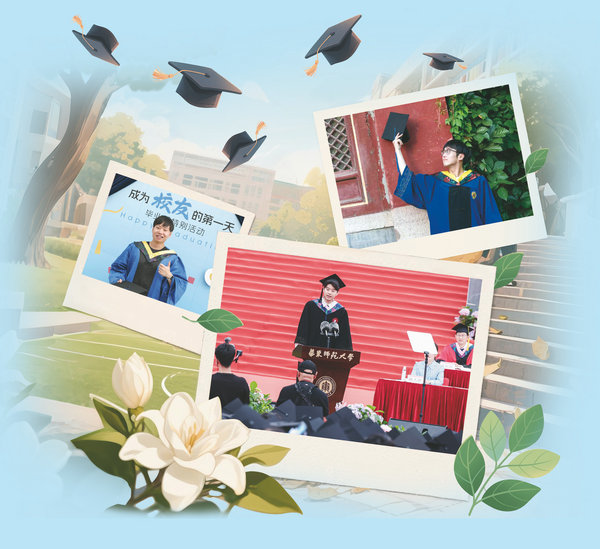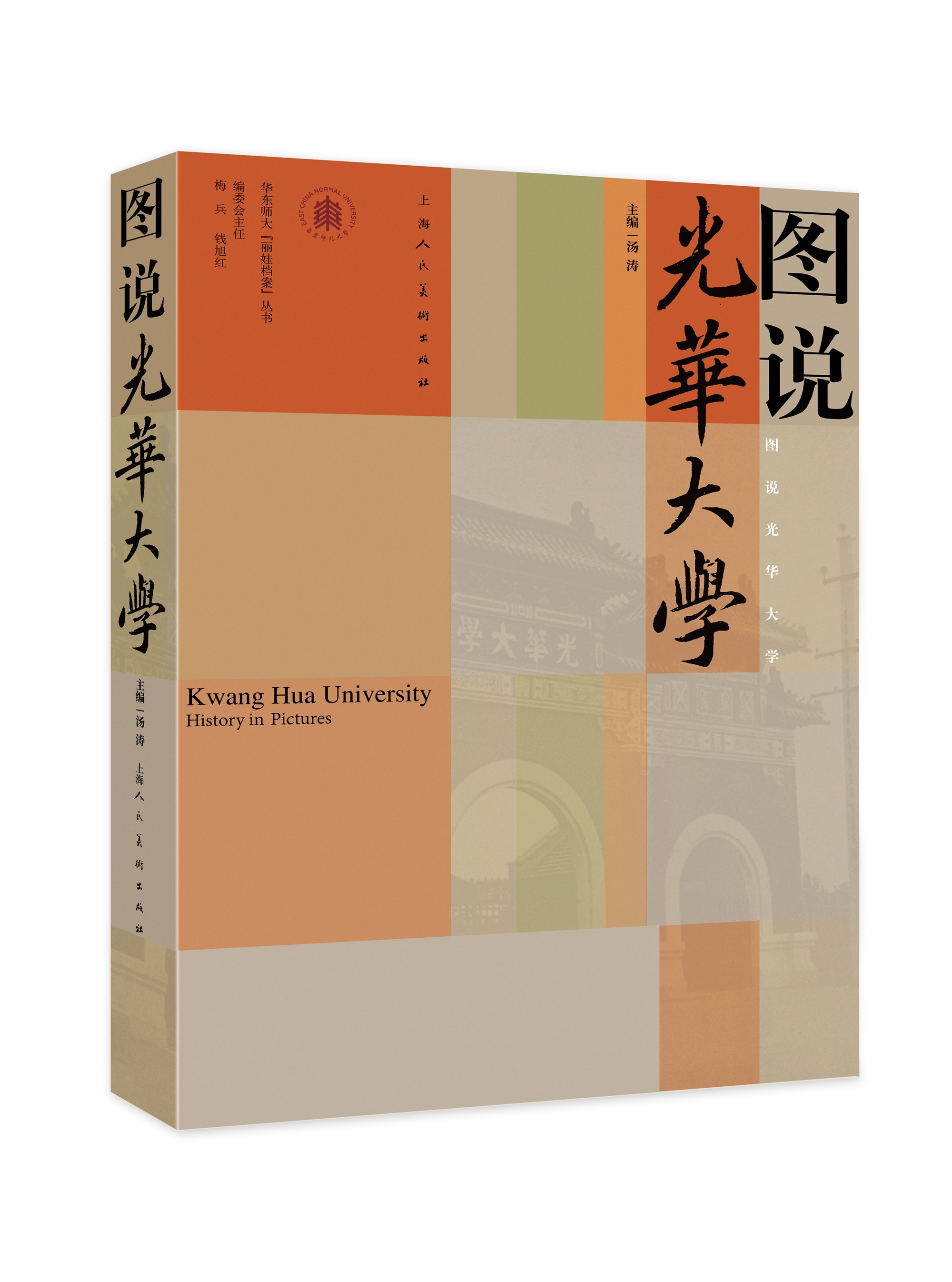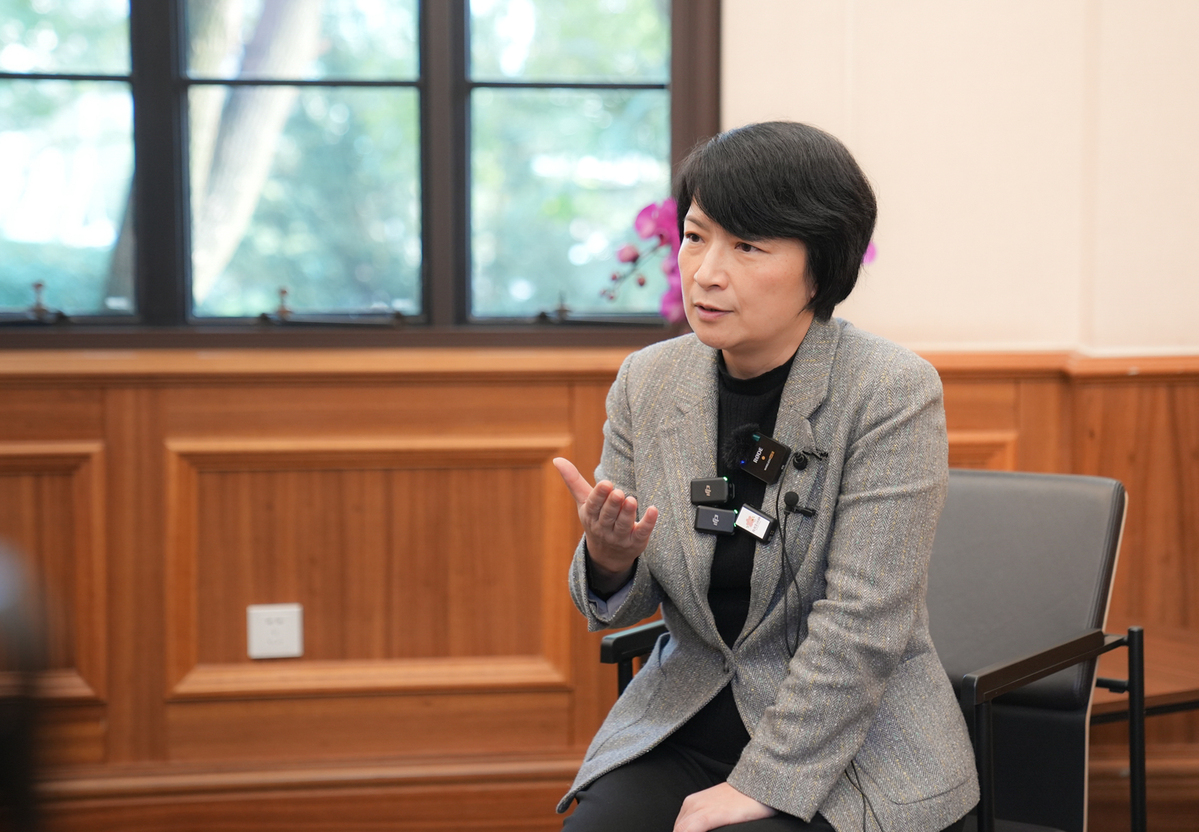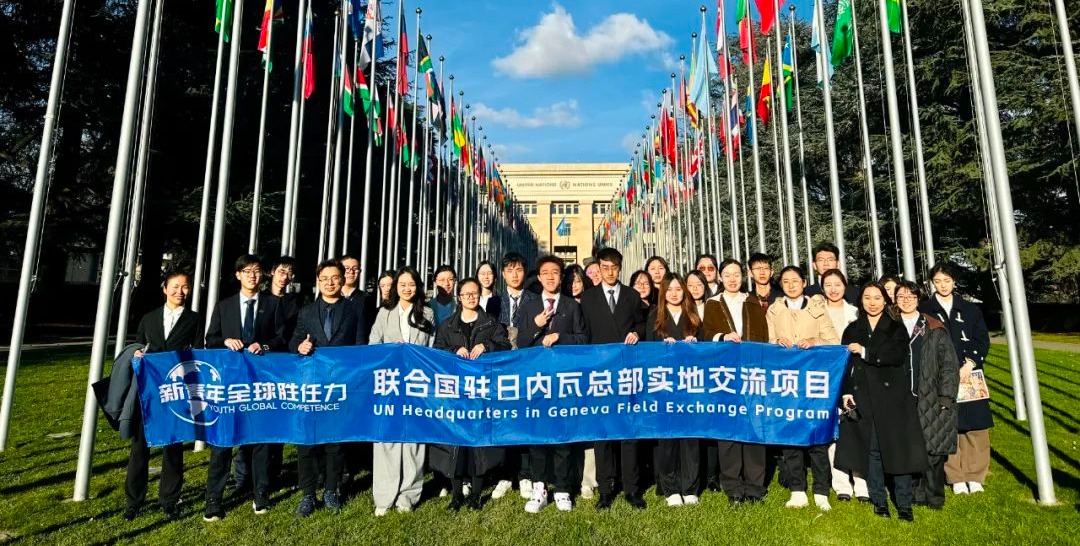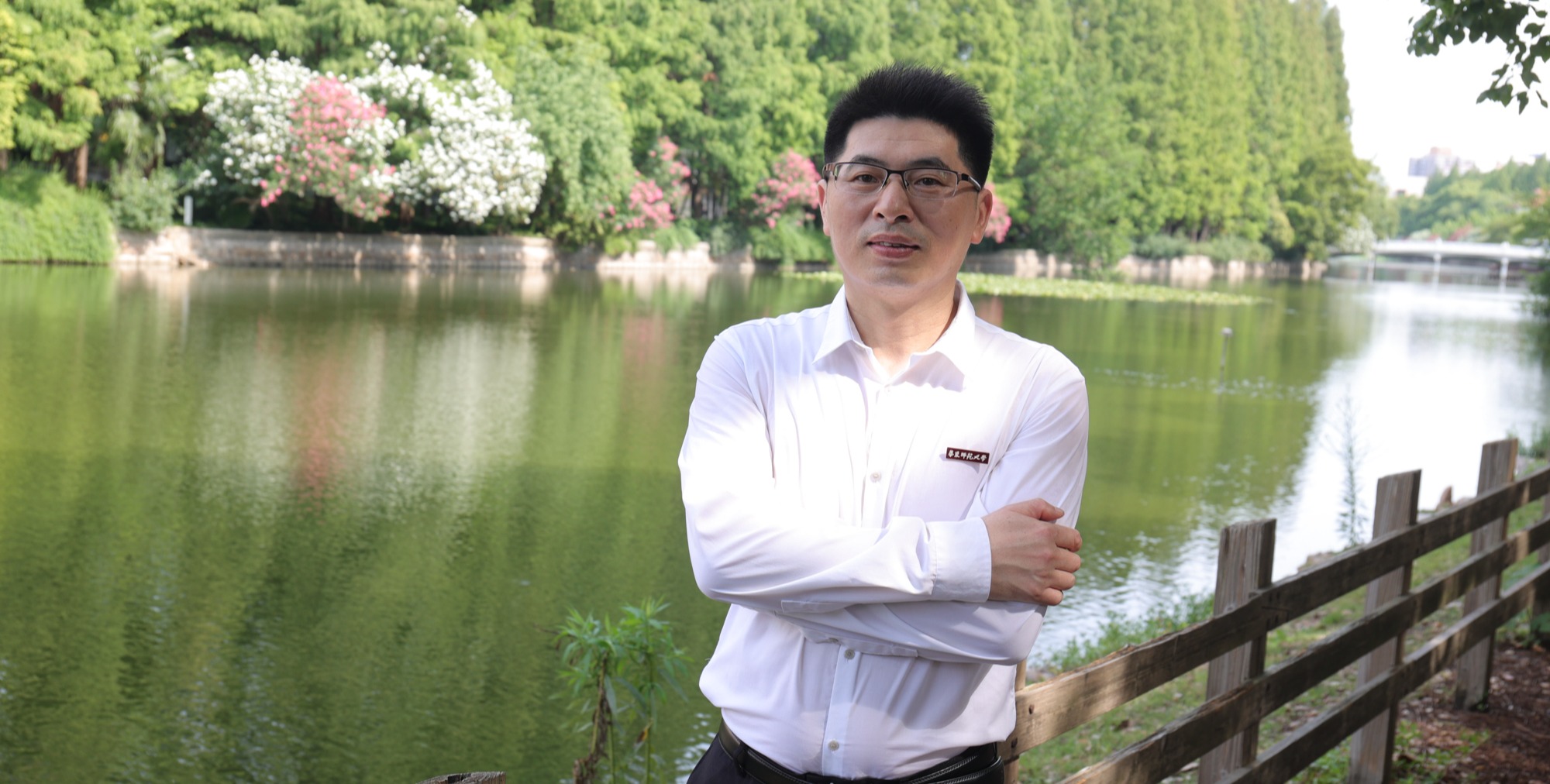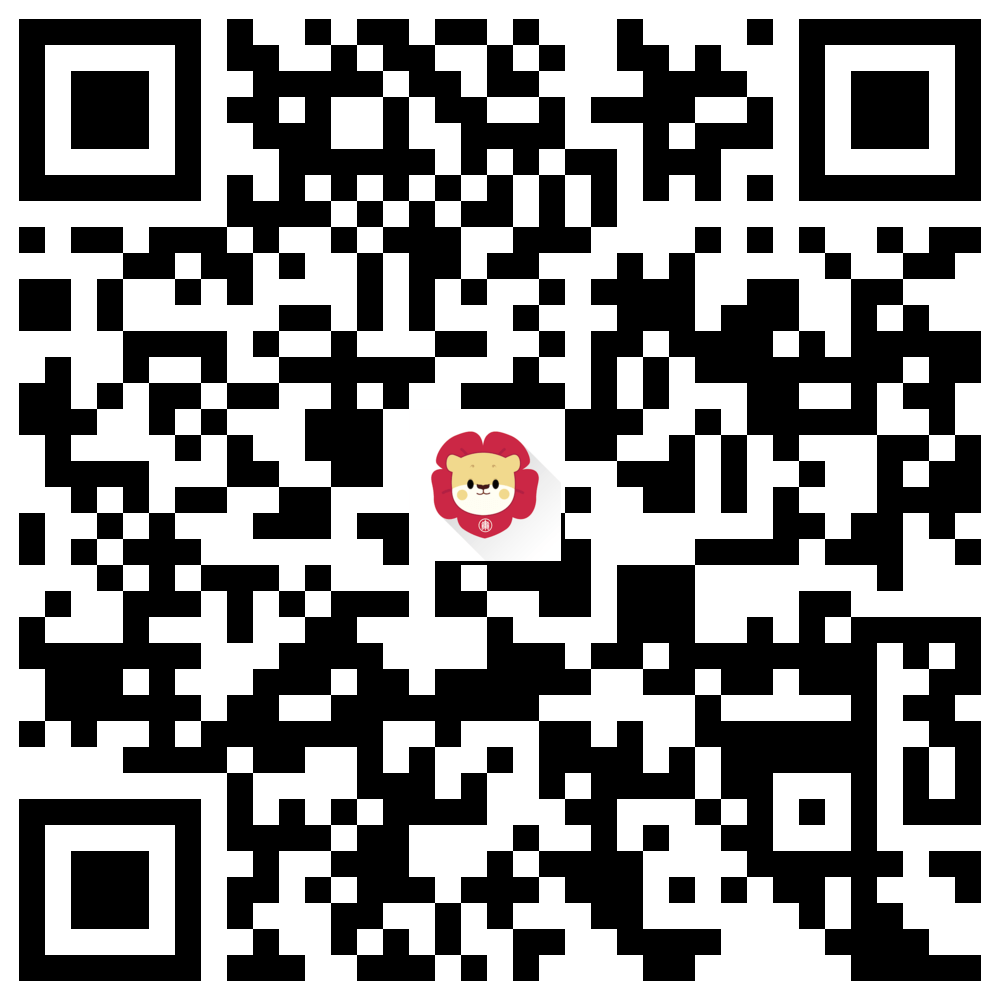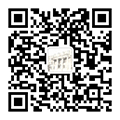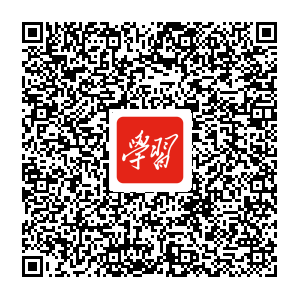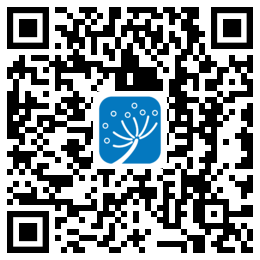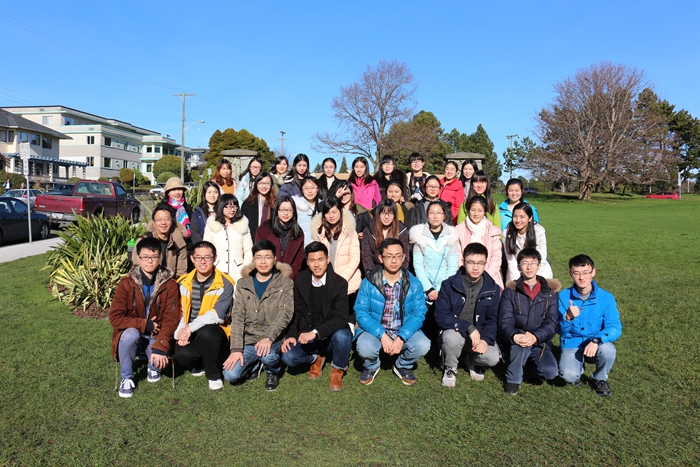
Thirty-two outstanding junior students participatS in 2016 Excellent Teacher Training program.
Thirty-two outstanding junior students from East China Normal University (ECNU) participated in the “Excellent Teacher Training” program in Vancouver Canada between January 24 and February 13. 2016. The program was agreed and supported between ECNU and the University of British Columbia(UBC).
The Chinese students spent three weeks at the UBC campus to get an insight into the leading-edge ideas and practices of the Canadian fundamental education. The program, launched by the Dean's Office of ECNU and the Education School of UBC, has been held twice since its founding.
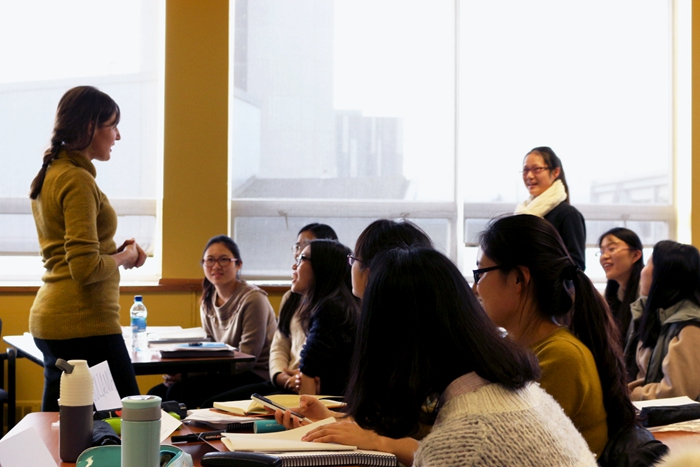
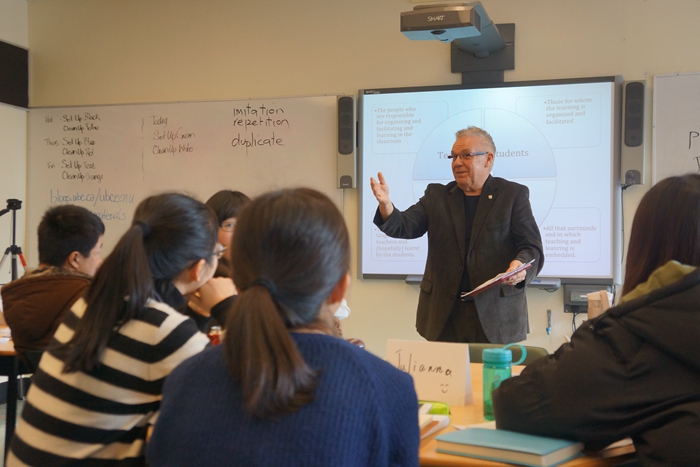
The students take part in various class discussions and campus visits.
It is a fruit of ECNU's sustained and tireless efforts in the past years to enhance cooperation between foreign counterparts to provide a broader frontier platform for its students and future educators to have a more global vision when it comes to teaching. The subject of this year's program was "Being in the world as an educator", according to Prof. Anthony Clarke with the Education School of UBC, who was the tutor of the Canadian partnership.
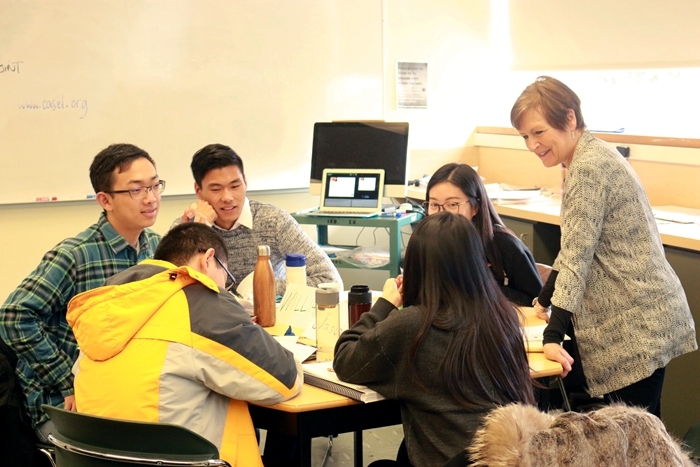
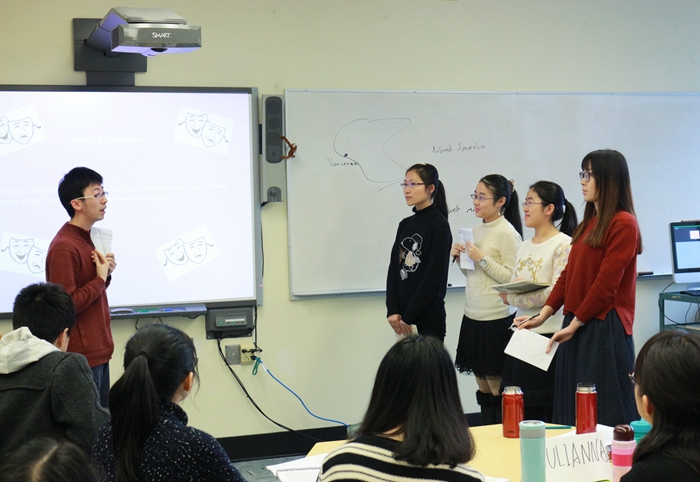
The students get an insight into the Canadian fundamental education.
His team arranged for the Chinese learner’s classes on advanced education techniques, visits to local primary and middle schools, and lectures by education scholars and school headmasters. Through the courses, the students acquired a perception, intuition, and thorough knowledge of the fundamental education system in Canada as well as deepening their understanding and thoughts of education theory. Three weeks' in a foreign country made a precious and pleasant memory for them and inspired the would-be educators to ponder over t teaching education developments in the future.
In the first week, Prof. Anthony Clarke and Andrea Webb fixed up various class discussions and campus visits. At the classroom themed after “Place-Based Education” given by Natalie Gerum, the Chinese students were told to explore the UBC campus to experience how education adapts to time and space. A few days later, Dr. Charlie Naylor gave a class on teacher independence, while at another class Mr. Larry Hurst explained the theory of multiple intelligences, which sparked active interaction and idea impact between the teacher and the students. As specially invited lecturers, the teachers shared their own practices and laid emphasis on arousing the students' reflections and actively interacting with the students. The students also paid a visit to the William Cook Elementary School.
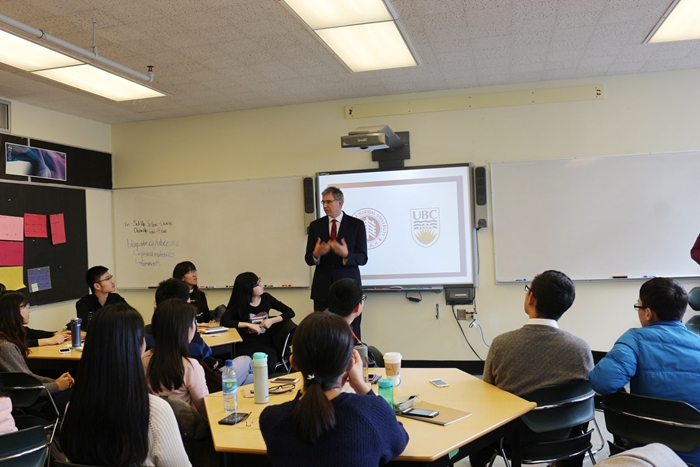
Vice Director of UBC's Education School exchanes views with the students.
The second week started with a visit to the Richmond Secondary School. The students were briefed about its rich curriculum, which includes compulsory courses of English, math, science and social studies, and other optional courses such as instrumental music, cooking, sewing, carpentry, and computer graphics. The school is very open and courageous in creating new teaching methods that serve the students-centered idea and show respects to the independence of both teachers and students.
Prof. Clarke also gave a class on TPI(Teaching Perspectives Inventory). At the class, the attendees were asked to make play lets in order to get a better understanding of the five connotations of the theory and their TPI test results helped them to inspect their future career development. Prof. Claire Rushton also gave a wonderful lecture on society and affection learning, in which he told the students "Never lose your temper".
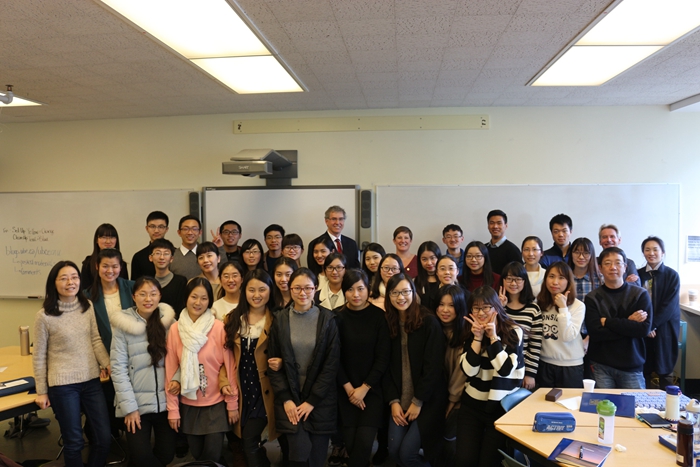
The students pose for a group photo with their Chinese and Canadian dirctors.
As a celebration for the approaching Chinese Spring Festival, the students received red packets prepared by the UBC Education School and enjoyed a tour to Victoria, the provincial capital of British Columbia.
As would-be teachers, the students were very keen to know how Canadian teachers set up authority by not sacrificing students' independence. Prof. Clarke taught them some effective methods that could help build teachers' prestige while improving class attendees' and study efficiency at the same time.

